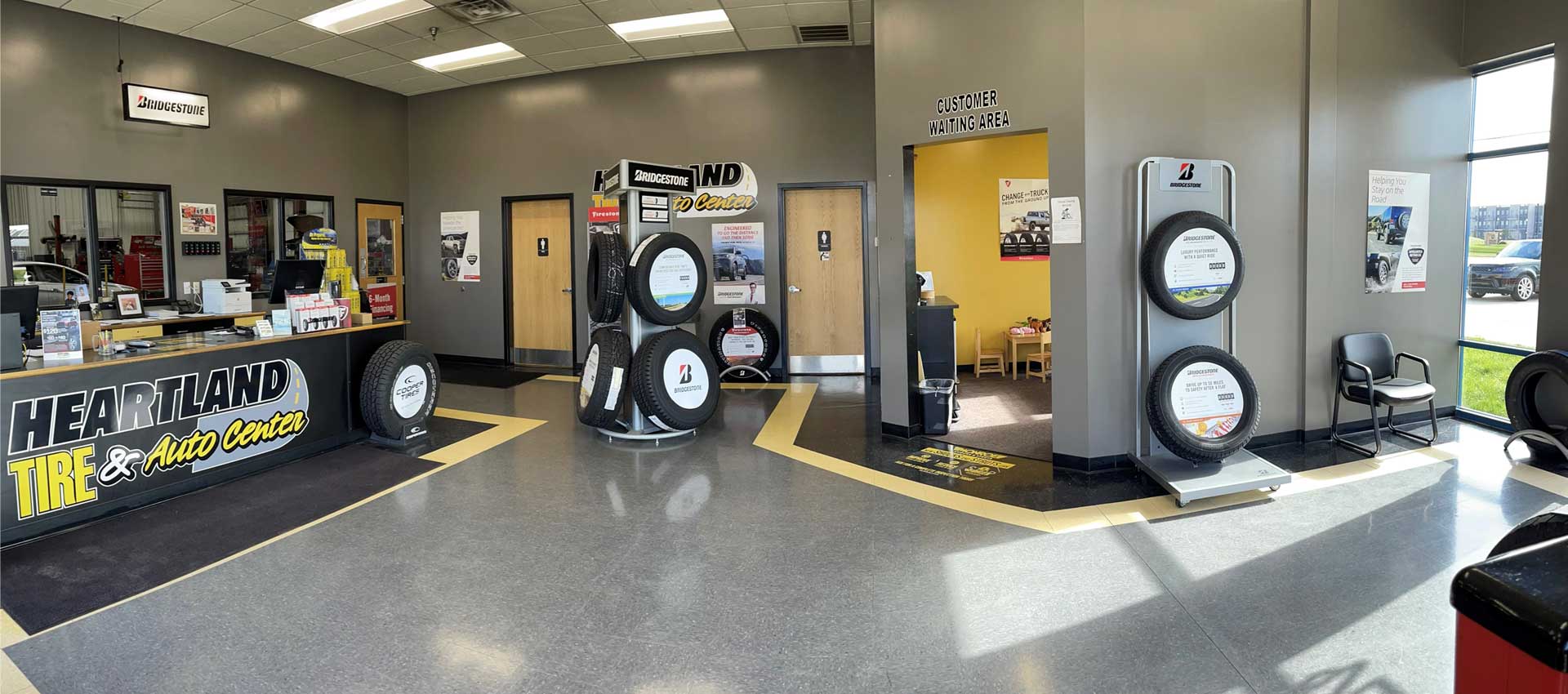Find the Best Tires Morris IL: Considerable Option Readily Available
Find the Best Tires Morris IL: Considerable Option Readily Available
Blog Article
Tire Solution: Recognizing Tire Pressure Tracking Equipments
Comprehending Tire Pressure Surveillance Equipments (TPMS) is a crucial facet of keeping optimum lorry performance and safety on the roadway. With innovations in vehicle modern technology, TPMS has actually ended up being a conventional feature in contemporary cars, supplying real-time details on tire stress degrees.

Value of TPMS
The significance of Tire Stress Surveillance Systems (TPMS) depends on their ability to boost car safety and security and performance through real-time monitoring of tire stress degrees. Keeping the proper tire pressure is vital for ensuring optimum handling, stopping, and overall safety of a lorry. TPMS gives chauffeurs with prompt responses on any type of overinflated or underinflated tires, permitting prompt adjustments to be made.
Components of TPMS
Consisting of various essential components, a Tire Pressure Surveillance System (TPMS) works as an advanced safety attribute in modern lorries. The main components of a TPMS consist of sensing units, a control module, and a warning sign. Sensors are generally located in the tire shutoff stem or affixed to the wheel setting up, where they determine tire stress and transfer data to the control component. If it detects dramatically low stress in any of the tires, the control component procedures this details and triggers a caution. The warning indication, usually a symbol on the control panel, informs the driver to examine the affected tire or tires. Some advanced TPMS versions also display the real tire pressure analyses for each and every tire, offering chauffeurs with real-time details to make certain ideal tire performance and safety. By keeping an eye on tire stress continuously, TPMS aids avoid mishaps, lowers tire wear, and boosts gas efficiency, making it a crucial part for vehicle safety and efficiency.
Kinds of TPMS

On the other hand, indirect TPMS relies upon the automobile's wheel speed sensors to check tire stress. This system spots underinflation by comparing the rotational rates of the wheels. Indirect TPMS is much less costly than direct TPMS, as it uses existing sensors within the automobile.
While straight TPMS offers more exact analyses, indirect TPMS is easier in layout and generally requires much less upkeep. Both systems have their advantages and limitations, and the option between them typically depends on aspects such as price, car make, and individual preference. Comprehending the differences between these two types of TPMS can help lorry owners make informed choices relating to tire maintenance and safety.
TPMS Upkeep Tips
Efficient upkeep of TPMS is necessary for making certain ideal efficiency and safety of your lorry. Regularly inspecting the TPMS sensing units for any kind of damages or corrosion is essential. Ensure that the sensors are tidy and free from debris that might hinder their performance. Furthermore, it is recommended to inspect the sensing unit batteries occasionally and replace them as needed to assure accurate analyses. Conduct regular examine the tire pressure levels and compare them with the TPMS analyses to guarantee they correspond. Recalibrate the system complying with the supplier's guidelines if there are any kind of discrepancies. Throughout tire rotation or substitute, make certain that the TPMS parts are dealt with thoroughly to avoid any kind of possible site link damage. If the TPMS advising light illuminates on the dashboard, resolve the concern immediately by inspecting the tire pressures and the general system for any kind of mistakes. By adhering to these maintenance ideas, you can prolong the life expectancy of your TPMS and boost the safety of your driving experience.
Benefits of Correct Tire Pressure
Maintaining proper tire pressure, as emphasized in TPMS Maintenance Tips, is essential for gaining the numerous benefits related to optimum tire stress levels. Among the primary advantages of maintaining the right tire stress is enhanced gas effectiveness. When tires are correctly blown up, there is less moving resistance, resulting in much better fuel economic climate. Additionally, correct tire pressure ensures even tire wear, expanding the life expectancy of the tires and advertising more secure driving conditions. With the appropriate tire stress, cars also have far better handling and grip, particularly in unfavorable weather condition conditions. This can boost general driving efficiency and security for the motorist and guests. Moreover, maintaining optimal tire pressure can add to a smoother and a lot more comfortable experience by decreasing vibrations and sound triggered by underinflated tires. In final thought, the benefits of appropriate tire stress surpass just tire long life; they include boosted gas effectiveness, improved safety, much better lorry efficiency, and total driving comfort.
Final Thought
In conclusion, recognizing tire pressure tracking systems (TPMS) is vital for preserving optimum tire pressure and making sure vehicle safety. By recognizing the value of TPMS, recognizing with its components, recognizing the different types offered, adhering to correct upkeep ideas, and realizing the advantages of maintaining appropriate tire stress, drivers can boost their driving experience and extend the life-span of their tires. Proper tire stress is crucial to reliable and secure lorry procedure.

Report this page